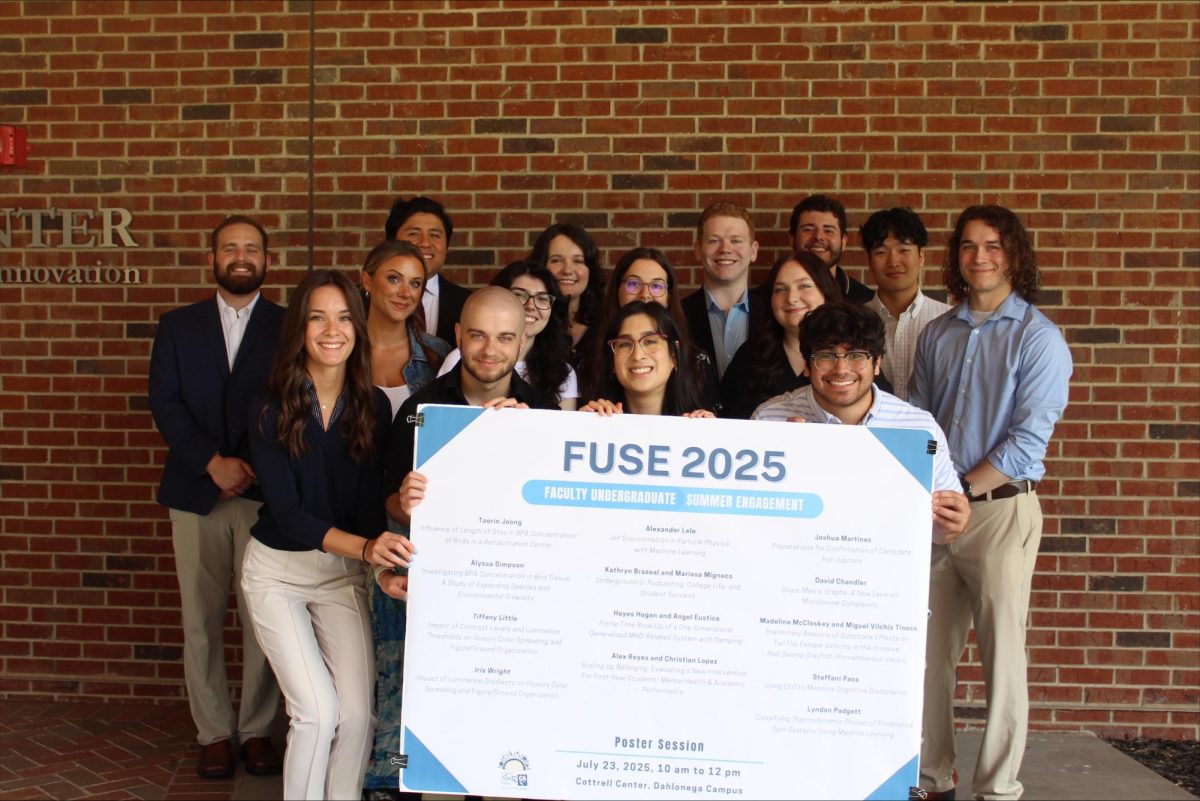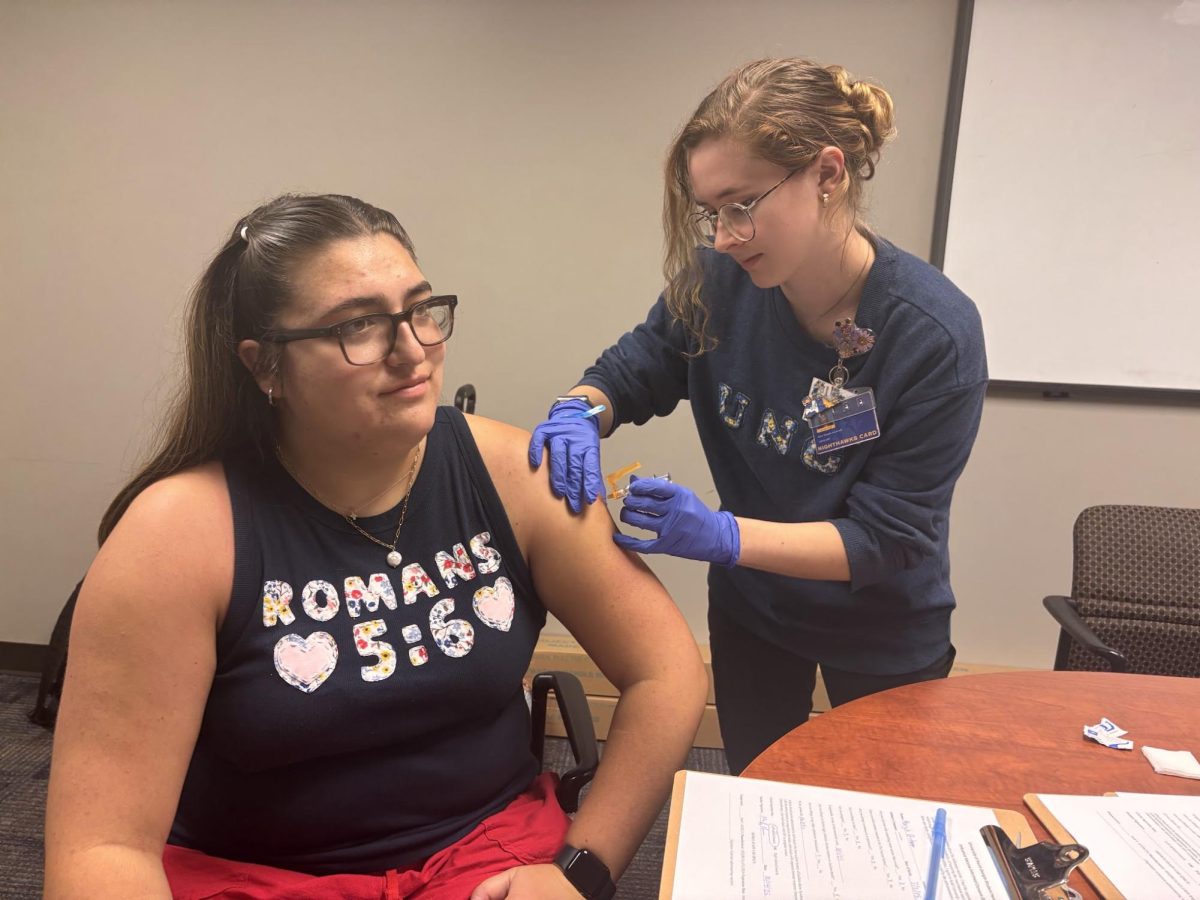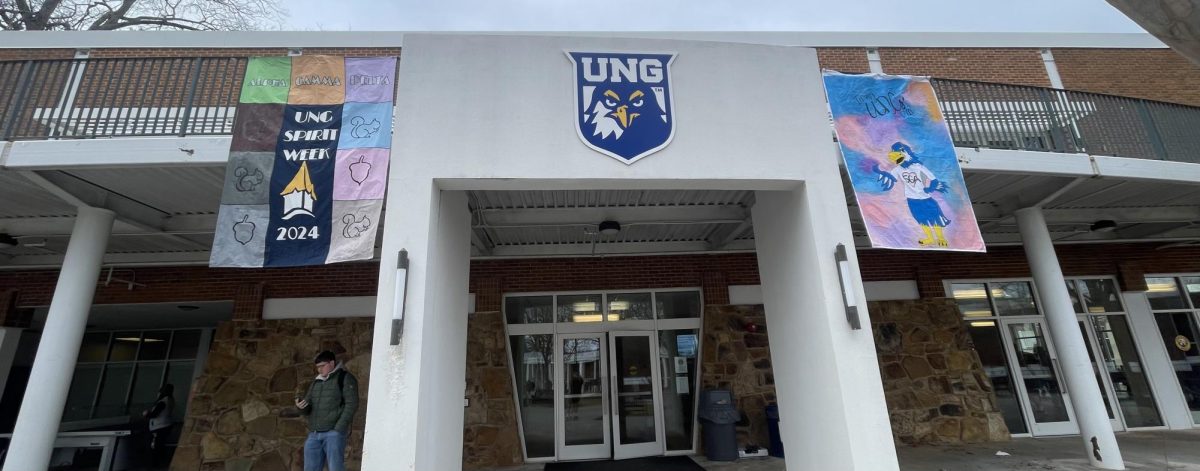The University of North Georgia’s Center for Global Engagement held the “Decisions, decisions, decisions! Choosing a program” event on Oct.5 explaining the various study abroad programs available to students. The discussion was led by Lisa Cummins, one of UNG’s study abroad advisors who specializes in the programs in Europe.
Cummins said, “The first step when looking at all the programs is understanding what your options are, and there are a ton of options that you can choose.” There are not only study abroad opportunities, but also international internships and cadet conferences and exchanges. Studying abroad means that a student would attend a foreign university to take classes. This differs from international internships where students would gain work experiences in their desired fields abroad. There are three options for studying abroad including faculty-led, direct enrollment and exchange, and a third-party provider.

According to Cummins, the most commonly chosen option by students is the faculty-led study abroad where students are led by a faculty member who supports the group during their excursion. These courses are extremely structured and can last anywhere from one to eight weeks.
Exchange programs allow for more independence and would mean that the student would attend a foreign institution by themselves. Exchange programs are the most cost-effective allowing the student to pay UNG costs. Third-party provider programs are the most costly option. The students go through a third-party company that supports them through the entire process from choosing a program, to finding the best scholarships, to guiding the students through the time spent internationally.
The second step when surveying your study abroad options is to decide what you are looking to achieve. Whether advancing their career, gaining knowledge, or just prioritizing their own personal growth, there are programs tailored to each goal. Cummins said, “Having an education abroad experience on your resume looks incredible. It really makes you stand out and shows that you gained the skills associated with studying abroad like flexibility, adaptability, intercultural communication skills, critical thinking…” She continued, “There is so much growth that happens on an education abroad program. Education abroad is definitely a challenge. I think it’s important to recognize it’s different from vacationing abroad…in that process, you learn so much about yourself.”

Planning the logistics of your time abroad is the third step to making your decision. Students need to decide where they are going to get funding for their time abroad. There are many different scholarships available, but each program varies in what is included in the program costs. Be sure to set aside enough money based on whether or not the program provides airfare, meals, or other personal expenses. Other tools students can utilize before deciding to study abroad include the Student Money Management Center, the Nationally Competitive Scholarships Office, and making an appointment with an Education Abroad Advisor.
The last step Cummins gave was for students to research and make a plan when evaluating each program. She told students to focus on the course and costs, identify how long they want the program to be, pick which excursions they want to take, and research the area’s culture. She also reminded students to be mindful of language barriers and different cultural settings when choosing a program.
Students can find the best education abroad program based on their plan of study on UNG’s website.
Learn more by following UNG CGE’s Instagram or attending an event.




































